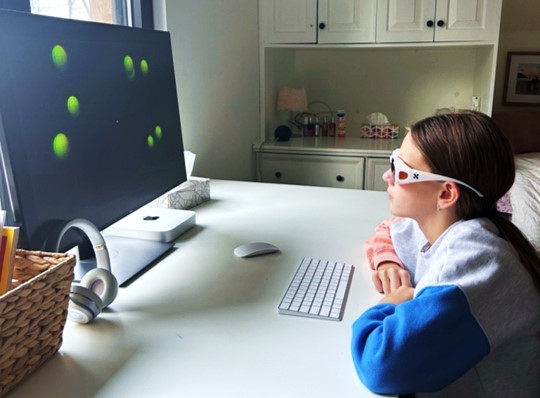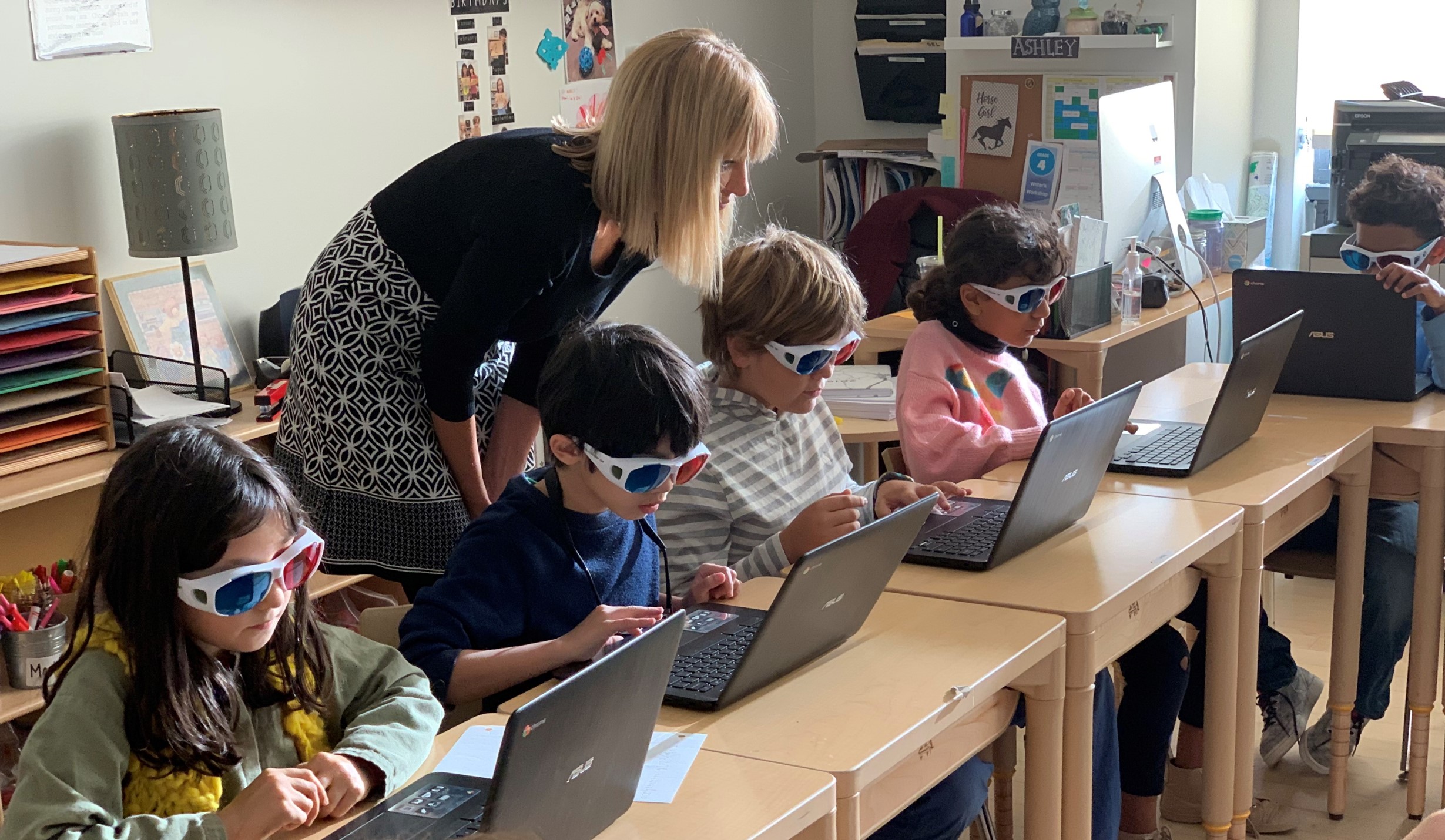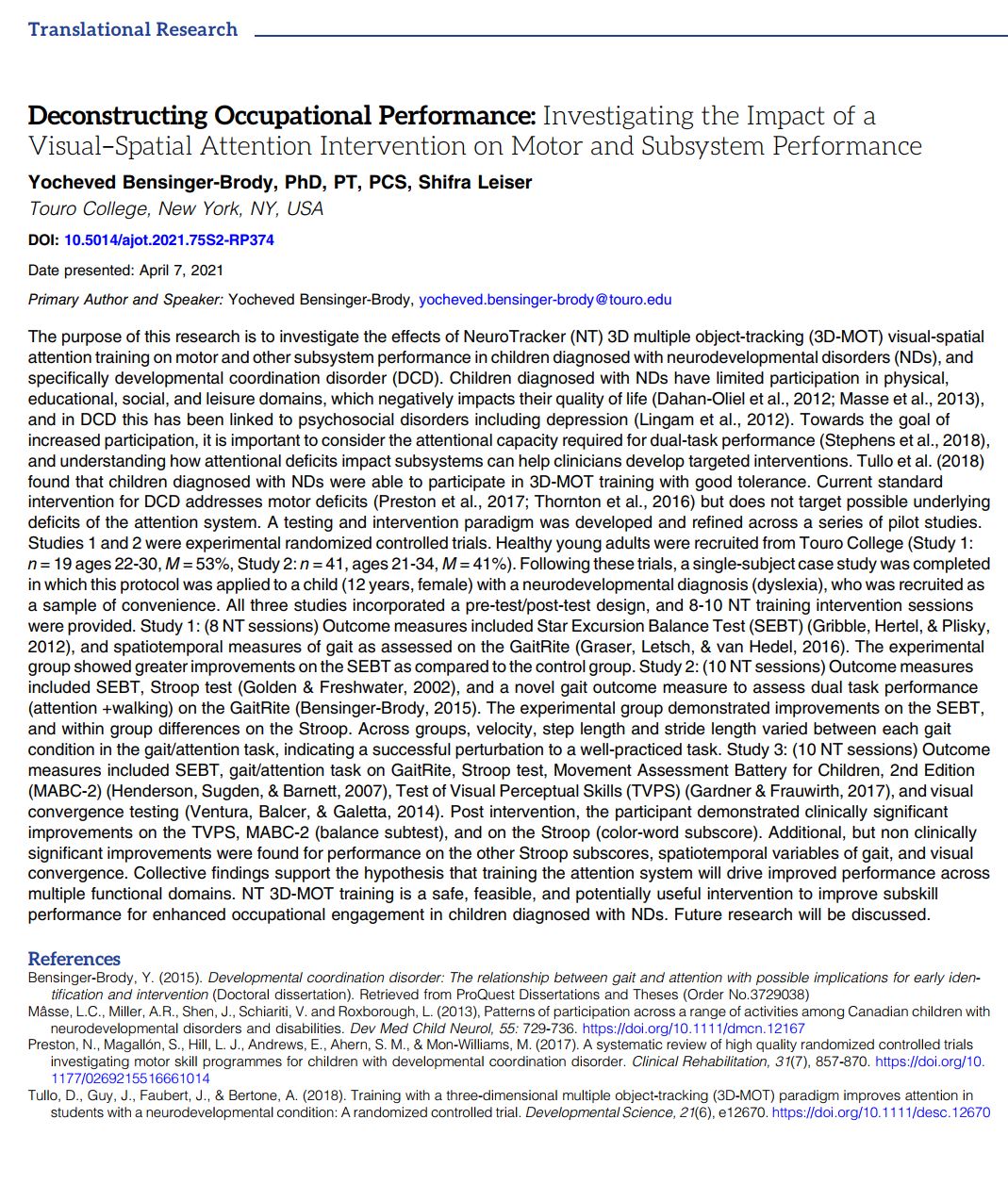Welcome to the Research and Strategy Services at in today's fast-paced.


ADHD can make everyday tasks — schoolwork, organization, sports, or staying focused during conversations — feel unexpectedly difficult. At its core, ADHD involves challenges with attention regulation, working memory, processing efficiency, and self-management, which ripple into daily life.
NeuroTracker is not a diagnosis or treatment for ADHD. Instead, it is a cognitive training tool that strengthens foundational mental skills linked to attention, learning, and daily functioning. Because sessions are short, structured, and adaptive, NeuroTracker is especially suited for individuals with fluctuating focus or mental stamina.
This guide explains how NeuroTracker fits naturally into ADHD support — at home, in clinics, and in classrooms.
NeuroTracker trains a combination of visual attention, mental focus, working memory, and processing speed using a 3D multiple-object tracking task. These are the same cognitive systems that ADHD individuals often find difficult to sustain in everyday situations.
The design of NeuroTracker uniquely supports ADHD profiles because it is:
This combination makes it one of the few attention-training programs suitable for children, teens, and adults with ADHD.
Focusing on what matters while filtering distractions — crucial for classroom listening, instructions, and task engagement.
ADHD often involves “attention fatigue,” where focus drops sharply after a short period. NeuroTracker’s progressive speed demands support the ability to maintain focus longer across tasks.
Tracking multiple moving objects taxes and strengthens working memory — a common difficulty in ADHD that affects academics and self-organization.
Fast-paced 3D tracking encourages more efficient perception and mental response, supporting quicker task initiation and decision-making.
Keeping the targets in mind while ignoring distractors builds inhibitory control — helpful for managing impulses or resisting irrelevant stimuli.
While individual experiences vary, parents, clinicians, and teachers commonly report improvements such as:
These benefits relate to cognitive support, not medical outcomes.
Two foundational studies demonstrate why NeuroTracker is especially suited for ADHD support in everyday environments.

A study published by University of Victoria neuroscience researchers showed that NeuroTracker’s data quality remains equally reliable when training is done remotely at home compared to an in-lab setup.
This is extremely important for ADHD populations because:
This makes NeuroTracker one of the few lab-validated cognitive tools truly suited to at-home ADHD support.

A study published by McGill neurodevelopment researchers found that NeuroTracker could be successfully understood and independently performed in-class by students with:
In the study all the neurodivergent children voluntarily completed a 40-session intervention over 5 weeks, with 100% compliance. This suggests that NeuroTracker is robust enough to perform well in real-world ADHD environments — where attention demands, unpredictability, and variability are everyday realities.
NeuroTracker can fit alongside:
It does not replace these approaches — it strengthens underlying cognitive systems that can help other supporting strategies work more smoothly.
Does NeuroTracker treat ADHD?
No. NeuroTracker is not a medical treatment and does not diagnose or cure ADHD. It is a cognitive training tool that supports attention, working memory, processing speed, and mental stamina — skills that often influence daily functioning in ADHD.
How often should someone with ADHD train on NeuroTracker?
A common pattern is 3–5 sessions per week, with each session lasting about six minutes. This frequency provides enough repetition for cognitive adaptation while keeping the workload manageable for fluctuating attention levels. Some users benefit from shorter cycles (2–3 sessions/week), while others enjoy daily training — flexibility is built into the design.
Is NeuroTracker suitable for children?
Yes. Most children can begin around 6–7 years old, depending on their ability to understand the instructions and stay visually engaged. Many clinics use NeuroTracker successfully with children and teens who have ADHD or other attention-related challenges.
Can NeuroTracker be used at home?
Yes. Research shows NeuroTracker delivers lab-grade data quality even when used at home, making it one of the few scientifically validated cognitive tools suitable for remote training. Parents or clinicians can monitor progress through the online dashboard.
Does NeuroTracker replace medication or therapy?
No. NeuroTracker is not a substitute for medical care, medication, or behavioral therapy. Instead, it can complement other ADHD support strategies by strengthening underlying cognitive systems that influence focus, learning, and daily organization.
Who typically supervises NeuroTracker training for ADHD?
Training can be supervised by:
How long does it take to notice changes?
Patterns often emerge over several weeks, though timing varies widely. Some individuals show early changes in engagement or task persistence, while others improve more gradually. NeuroTracker provides objective metrics to track progress over time.
Is NeuroTracker safe for neurodivergent individuals?
Yes. The training is non-invasive, visual, short in duration, and self-paced. Difficulty adapts automatically, so users are never overloaded. NeuroTracker’s design is especially suited to those who prefer minimal verbal complexity and predictable, structured tasks.
Can NeuroTracker help with school performance?
NeuroTracker does not guarantee academic improvements, but research and user reports suggest it may support learning readiness, sustained attention, processing efficiency, and working memory — all of which influence classroom success.
Can NeuroTracker help with sports performance for individuals with ADHD?
Yes — many young athletes with ADHD use NeuroTracker to support visual awareness, decision-making under pressure, and attention control during fast-moving play. These are cognitive, not medical, benefits.








Welcome to the Research and Strategy Services at in today's fast-paced.

Discover practical ways to help your child stay organized, motivated, and successful in school.

Learn why balancing screen time and study time isn’t about perfection—it’s about progress.

Discover essential cognitive skills and how parents can nurture them for academic success.
.png)